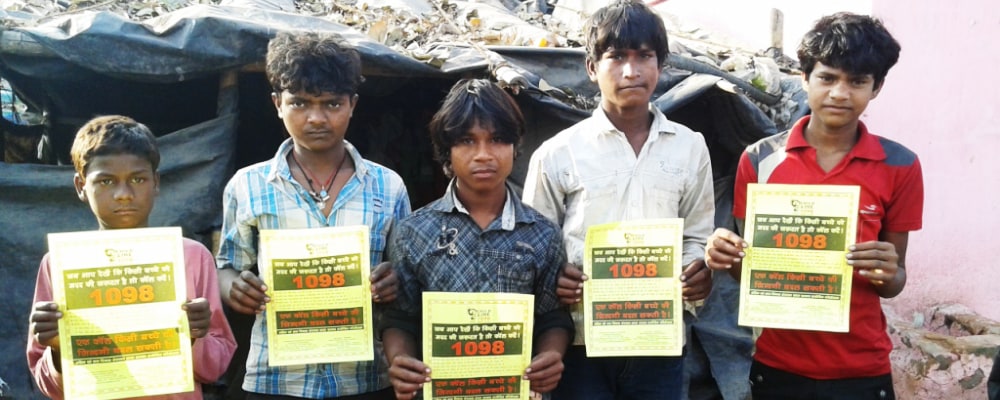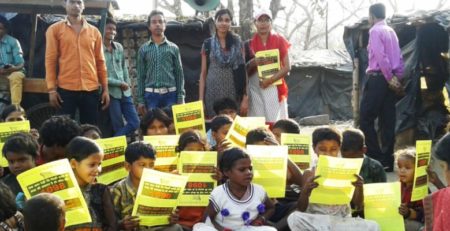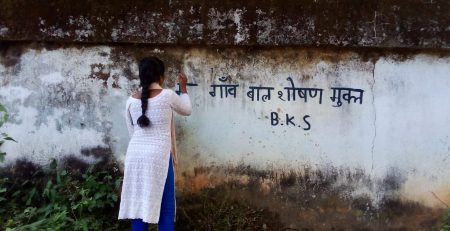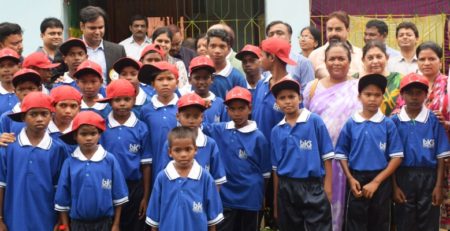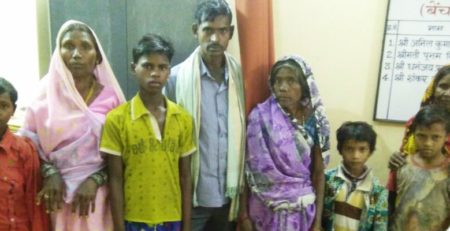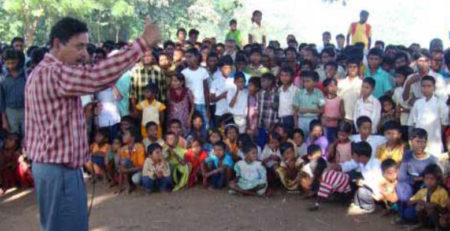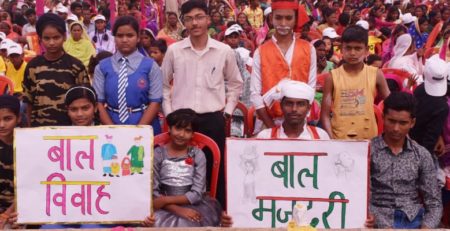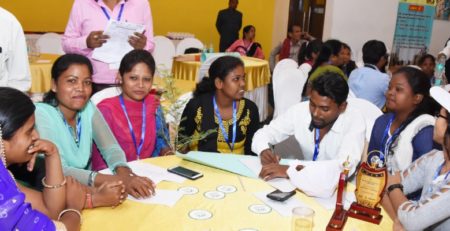CHILDLINE (1098)
BKS is running CHILDLINE 1098 Programme as a Nodal Organization at Pakur and as Collaborative organization in Dhanbad district of Jharkhand since last 3 years with the support of Ministry of Women and Child Development Govt of India.
CHILDLINE is India’s first 24-hour, toll free, emergency phone outreach service for children in need of care and protection linking them to long-term services for their care and rehabilitation. Any child and concerned adult can call 1098 and access the CHILDLINE service any time of the day or night.
Objectives of CHILDLINE 1098
- To reach out to every child in need of care and protection by responding to emergencies on 1098 and by physically reaching out to children.
- To adapt and integrate telecommunication technology, linking all districts to the service of 1098, and making it available to all children in need of care and protection.
- To provide a platform of networking amongst organisations and to provide linkages to support systems that facilitates the rehabilitation of children in need of care and protection.
- To work together with the Allied Systems (Police, Health Care, Juvenile Justice, Transport, Legal, Education, Communication, Media, Political and the Community) to create child friendly systems.
- To advocate for services for children that are inaccessible, non-existent or inadequate.
- To create a body of NGOs and Government organisations working within the national framework and policy for children.
- To be a nodal child protection agency in the country, providing child protection services to children in need of care and protection.
- To set up innovative child protection services leveraging technological advancements in areas where such services are inaccessible, non-existent or inadequate
- To undertake research with the objectives of strengthening the CHILDLINE 1098 service, and studying new and emerging trends in child protection issue
- To contribute and work towards strengthening and participating in a global movement that addresses issues related to child protection and ensures that children’s voices are heard.
The nodal organization at Pakur is responsible for creating a protective environment for children at the city level and would carry out following activities:
- Conducting the preliminary Need Assessment Study before the launch of the CHILDLINE service
- Compiling and updating the Directory of Services for children in the city
- Monthly reporting to CIF about the functioning of CHILDLINE in the city
- Organizing meetings of the CHILDLINE Advisory Board (CAB), once every quarter
- Orientation and sensitization of various Government Departments on child protection in coordination with the District Child Protection Society and State Child Protection Society.
- Recruiting students to CHILDLINE as volunteers for creating awareness campaigns and assist with programme management
- Research on issues related to child protection
- Conduct meetings with CHILDLINE partner organisations monthly
- Academic Institutes playing the role of nodal organisations contribute their research skills, ability to network, training skills, students as resources and their infrastructure for CHILDLINE
- Keep CHILDLINE functional until fresh appointments have been made in case the collaborative organisation has been terminated or has withdrawn
The collaborative organization at Dhanbad is responsible for creating a protective environment for children at the district level and would carry out following activities:
- Responding to calls received on the CHILDLINE 1098 on a 24/7 basis
- City mapping to identify high risk areas where vulnerable children are found
- Intervention and case follow-up on a daily basis
- Awareness and outreach in the community on a daily basis
- Monthly open house with children who are users of the CHILDLINE service and to understand issues that concern them
- Internal meetings once a week to discuss cases and follow-up
- Maintaining computerized documentation (on the CHILDNET package) on each call received
- Submission of monthly reports to the Nodal Organisation
- Set-up and coordinate activities and meetings of the CHILDLINE Advisory Board in locations where a nodal organisation is absent

